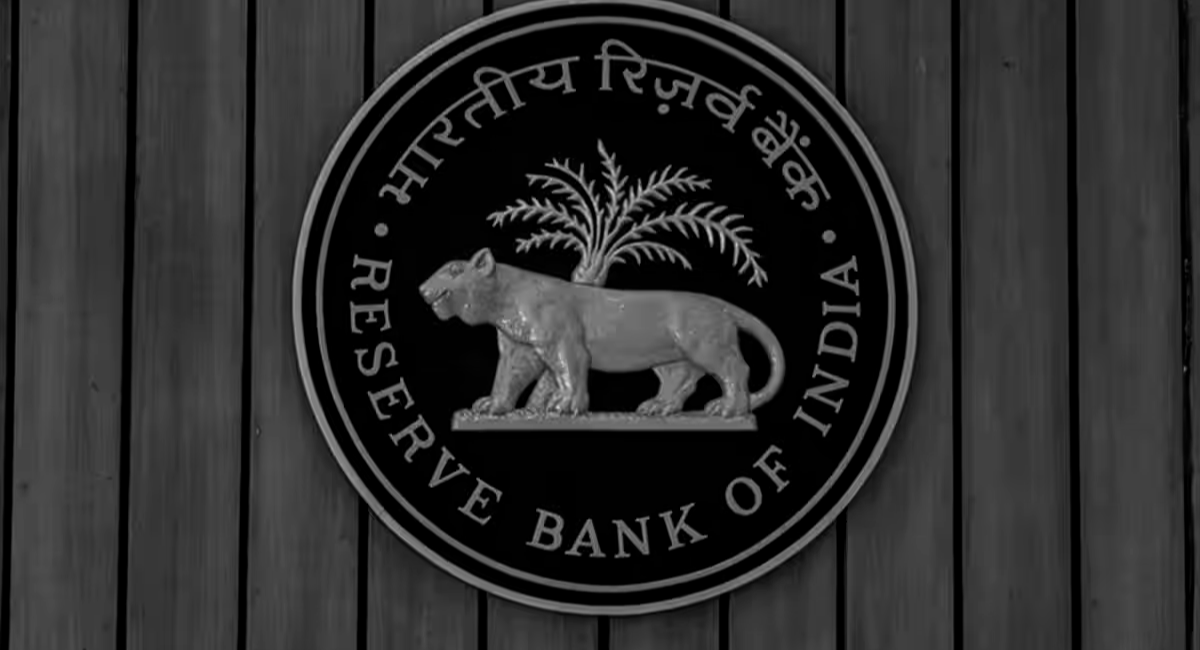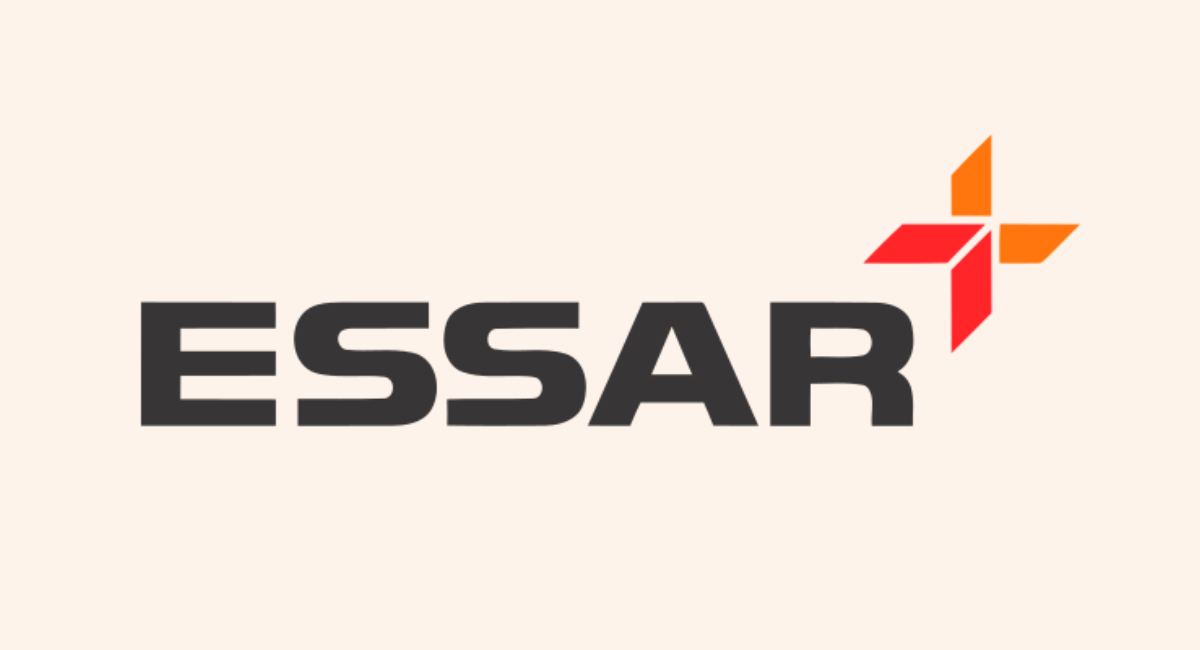Finance
India Initiates Second Batch of Sovereign Green Bond Sales Amid Global Yield Challenges

India is gearing up for a second round of sovereign green bond sales, with the Reserve Bank of India (RBI) set to auction Rs 5,000 crore ($600 million) of five-year notes. This move comes as a litmus test for the demand for green securities in a landscape of rising global yields.
Background:
The debut sale of sovereign green bonds in January raised 80 billion rupees and featured a greenium of six basis points over the benchmark yield, indicating a premium due to its environmentally beneficial characteristics. The upcoming auction will be closely watched to gauge investor interest in green bonds amid changing global economic conditions.
Global Yield Challenges:
The yield on India’s 10-year bond has increased by about 30 basis points from its low in May, influenced by tighter monetary policies implemented by the RBI and central banks globally. The second round of green bond sales will provide insights into how these rising yields impact India’s plans to finance its transition toward green energy through market borrowing.
Market Dynamics:
Xuan Sheng Ou Yong, an ESG analyst at BNP Paribas Asset Management in Singapore, emphasizes that green, social, and sustainability bonds, despite their noble objectives, are still subject to the broader macroeconomic environment. The article explores how these bonds may be affected by the evolving market conditions and investor sentiments.
Investor Demand and Foreign Inflows:
The article delves into the resurgence of foreign investors in India’s bond market, with nearly $5 billion of inflows in 2023 after three years of net outflows. The inclusion of India in JPMorgan Chase & Co.’s emerging markets bond index has attracted foreign investors, potentially widening the demand pool for India’s rupee-denominated green bonds.
Also Read: IndiGo’s Ambitious Expansion Plans Include Bali and Medina Flights
ESG Perspectives: Xuan Sheng Ou Yong predicts that investor demand for green bonds in Asia will outpace supply, possibly leading to richer pricing compared to conventional securities. The article explores how environmental, social, and governance (ESG) considerations are increasingly becoming crucial factors in investment decisions, influencing the dynamics of green bond markets.
Conclusion:
As India embarks on its second batch of sovereign green bond sales, the article concludes by highlighting the significance of this move in the context of evolving global yields, investor demand, and the nation’s commitment to financing sustainable initiatives. The outcome of this auction will provide valuable insights into the resilience and attractiveness of green bonds in the face of changing economic landscapes.
Finance
IndiGo’s Ambitious Expansion Plans Include Bali and Medina Flights

IndiGo, one of India’s leading airlines, is setting its sights on an ambitious expansion plan for the current fiscal year. The airline recently announced its intentions to introduce flights to two exciting international destinations, Bali in Indonesia and Medina in Saudi Arabia, signifying its commitment to expanding its global network. This expansion aligns with IndiGo’s goal of carrying 100 million passengers in the fiscal year 2023-24.
The airline’s CEO, Pieter Elbers, expressed confidence in IndiGo’s ability to achieve this target despite the challenges posed by the aviation industry. In the September quarter, IndiGo made a significant mark by posting a net profit of Rs 189 crore and accommodating 26 million passengers, reflecting its resilience and strategic positioning in the market.
Globalization and Network Expansion
Pieter Elbers emphasized the airline’s commitment to globalization and expanding its horizons. IndiGo currently operates an extensive network of approximately 500 routes, with 100 of them being international. As part of its ongoing international expansion efforts, the airline plans to introduce flights to Bali, Indonesia, and Medina, Saudi Arabia, within the current financial year, which concludes on March 31, 2024.
Also Read: Indian Banks Accumulate Dollars Ahead of $5 Billion Forex Swap Maturity
IndiGo’s impressive network already serves 32 international and 85 domestic destinations with a daily operation of over 1,900 flights. The airline has also established international codeshare agreements with various airlines, enhancing its connectivity and reach in the global aviation landscape.
Fleet Expansion with A321 XLR
In preparation for its ambitious expansion plans, IndiGo has placed orders for A321 XLR planes, which are anticipated to join its fleet in late 2024 or early 2025. Pieter Elbers expressed his excitement about the prospects that the A321 XLR brings to the airline. These aircraft are expected to significantly extend IndiGo’s reach into Europe, offering connections to cities like Athens, and further into Asia, with destinations like Seoul firmly on the radar.
IndiGo’s Extensive Aircraft Orders
IndiGo’s expansion plans are supported by a substantial number of aircraft orders in its pipeline, totaling around 970 planes. These orders underscore the company’s continued growth aspirations and its commitment to becoming a dominant player in the aviation industry.
Addressing Engine Issues
Despite its ambitious expansion plans, IndiGo has faced challenges related to Pratt & Whitney engine issues. These issues have led to the grounding of approximately 40 aircraft. In response to this challenge, the airline is diligently working on a set of mitigating measures.
These measures include taking planes on wet lease, retaining CEO (current engine option) aircraft, and leasing additional CEO planes from the secondary market. This proactive approach reflects IndiGo’s commitment to overcoming obstacles and ensuring the smooth execution of its expansion plans.
In conclusion, IndiGo’s announcement of its expansion into exciting international destinations, Bali and Medina, highlights its commitment to growing its global network and achieving ambitious passenger targets. The airline’s resilience and strategic positioning, coupled with its plans for fleet expansion and network growth, position it as a key player in the aviation industry. While challenges like engine issues persist, IndiGo’s proactive approach and dedication to providing exceptional services to passengers remain unwavering. As the airline continues to expand its footprint, travelers can look forward to more convenient and exciting flight options to a wider range of destinations.
Finance
Indian Banks Accumulate Dollars Ahead of $5 Billion Forex Swap Maturity

Indian banks are gearing up for the maturity of a $5 billion forex swap undertaken by the Reserve Bank of India (RBI) in April 2022. The maturity date is just around the corner, and the trading pattern suggests that banks are accumulating dollars in preparation. This move hints at a lack of expectation for the swap to be rolled over, a scenario that could potentially trigger a dollar shortage in the banking system.
The $5 billion dollar/rupee swap, initiated by the RBI in April 2022, is set to mature on Monday. This event signifies that $5 billion could potentially be withdrawn from the banking system, which has prompted large banks to take preemptive measures by accumulating dollars.
Anticipating a Dollar Shortage
Banks are taking steps to ensure that they are not caught off guard by a potential dollar shortage. To do this, they are engaging in USD/INR buy/sell swaps, wherein they receive dollars on the spot date (in two working days) and have access to these funds for the tenure of the contract.
Also Read: Expanding Horizons: Essar’s Black Box Broadens its Reach in India
“In the run-up, banks will want to take steps that they do not face a dollar crunch. That is why we are seeing significant demand for buy/sell swaps,” explained Sakshi Gupta, Principal Economist at HDFC Bank. This heightened demand for buy/sell swaps is driving down one-month rupee forward premiums, reducing them from 12 paisa late last month to approximately 7 paisa. In yield terms, this amounts to a decline of around 60 basis points.
The fact that the implied rupee yield, based on the 1-month forward, is now lower than the domestic rupee rate indicates a demand for buy/sell swaps among banks.
Unlikely Rollover by RBI
While the RBI could potentially roll over the swap to avoid a dollar shortage, bankers do not anticipate this happening. Sakshi Gupta from HDFC Bank believes a rollover is unlikely since the RBI initially conducted the swap for specific reasons. The central bank stated that the swap was designed to extend the maturity profile of its forward book and smoothen the receivables related to forward assets.
Gupta added that while the maturity of the swap does have liquidity implications, the RBI possesses sufficient tools to manage the situation. The RBI has not indicated any intention to roll over the swap, despite the imminent maturity date.
Gaura Sen Gupta, an economist at IDFC First Bank, suggested that the central bank could allow the swap to mature and potentially replace it with sell/buy swaps of lesser maturity. This approach would allow the RBI to address the situation without compromising its original intentions for the swap.
The impending maturity of the $5 billion forex swap has prompted Indian banks to take proactive measures to ensure they are adequately prepared for a potential dollar shortage. The trading pattern, along with reduced one-month rupee forward premiums, reflects the banking sector’s efforts to navigate this challenge. While the outcome remains uncertain, the RBI’s original objectives for the swap will likely play a pivotal role in determining how this situation unfolds.
Business
Expanding Horizons: Essar’s Black Box Broadens its Reach in India

Global IT solutions provider, Essar’s Black Box, has set its sights on expanding its footprint in India to cater to both local and global customers. The company’s recent establishment of a Center of Excellence in Bengaluru marks a significant step in this direction, aimed at bolstering its support for global clients.
The newly inaugurated center boasts cutting-edge research and development laboratories, command centers, a service desk, and delivery operations, all strategically aligned with the specific needs of its clientele. This expansion drive also translates into increased employment opportunities, both in India and other regions worldwide, tailored to meet the demands of Black Box’s expanding clientele.
Sanjeev Verma, the CEO of Black Box Corporation, recognizes the pivotal role that India plays in the company’s growth strategy. “India holds significant importance as a market for us, serving both Indian conglomerates and global customers. We have a positive outlook on our growth potential in India and will continue to invest here,” Verma stated emphatically.
Black Box aims to leverage the ongoing digital transformation initiatives of the Indian government, as well as the robust demand for data centers in the region. The company’s expertise in working with hyper-scale customers positions it favorably to capitalize on these opportunities.
Also Read: TCS Enters Multi-Year Partnership with Asda to Transform Retail with Digital Innovation
As part of its growth agenda, Black Box is actively scaling up its workforce across various geographies. The company has laid out concrete plans to add 500 new employees to its Bengaluru Center of Excellence. This recruitment drive is a testament to Black Box’s commitment to fostering technological innovation and delivering top-tier services.
Having been a presence in India for nearly 37 years, with a previous incarnation as AGC Networks, Black Box has cultivated a strong client base across diverse sectors in India, including banking, financial services, insurance, manufacturing, and information technology (IT)/IT-enabled services. Beyond its shores, Black Box’s global reach extends to over 35 countries.
Sanjeev Verma highlights the strategic partnerships forged with its clients as a key driver of the company’s success. “Many of these clients have experienced substantial growth and expanded their operations into multiple regions. They have chosen to partner with Black Box, driven by our strong relationships and the tangible results we consistently deliver,” Verma emphasized.
In the United States, Black Box caters to clients from a wide spectrum of industries, including banking, insurance, healthcare, manufacturing, distribution, energy, and utilities. The company’s expansion plans underscore its commitment to delivering cutting-edge IT solutions and support services on a global scale.







